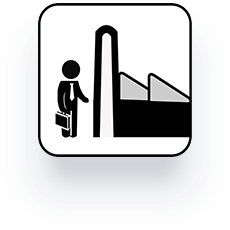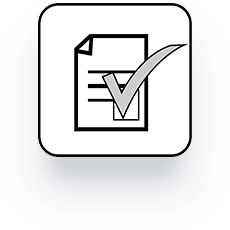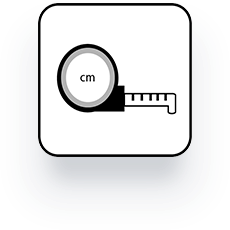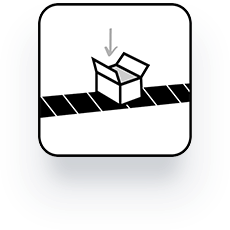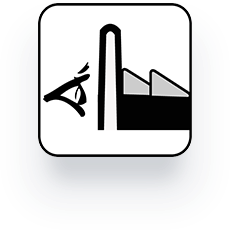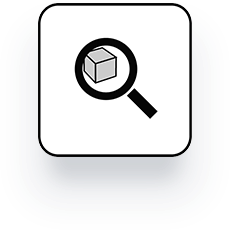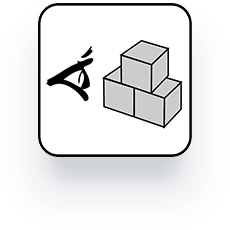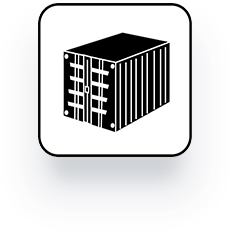CPG has been focused on Quality Control in China for decades, it is one of our 3 Essentials. Over the past 46 years, we’ve consistently honed our Quality Control processes and procedures. However, there is one principle that will never change: Quality Assurance starts before the order is placed.
To ensure our clients receive the best Quality Control in China, we implement a philosophy that “Prevention is better than cure.” To prevent problems and achieve optimal control for our clients, we have a 3-step system:
Step 1: We work closely with each client to ensure that all the data related to the quality of the product they are buying are clear and that a quality assurance process is in place to deliver quality conformity.
Step 2: We then make sure that the client’s requirements are understood and agreed upon by the factory (i.e., The vendor).
Step 3: We monitor and supervise the process until its completion.
The Importance of Quality Control in China
Quality control is essential when sourcing products from China to ensure products meet quality, safety, and regulatory standards. Without well-defined specifications and inspection requirements established before order placement, issues such as defects, inconsistent materials, or non-compliance can result in delays, financial losses, and damage to brand reputation. Implementing quality control across multiple stages of production helps identify problems early, improves supplier accountability, and ensures consistent product performance. Strong quality control practices also reduce rework, prevent costly surprises at shipment, and support long-term supplier relationships. Over time, disciplined quality oversight enables more predictable outcomes and a more reliable global supply chain.
Best Practices for Quality Control in China
Choose Reliable Suppliers
Carefully vet suppliers by reviewing their certifications, production capability, and past performance. A strong supplier foundation is essential for effective Quality Control in China.
Provide Clear Product Specifications
Share detailed requirements for materials, dimensions, packaging, and acceptable defect levels. Clear standards reduce misunderstandings and quality issues.
Use Third-Party Quality Services
Independent labs or inspection agencies add unbiased verification of product quality and compliance.
Maintain Strong Communication
Keep expectations documented and maintain consistent communication to ensure smooth production and quick resolution of quality concerns.
The Factory Interface
Finding the right factory makes all the difference. We look for ideal, socially conscious factories who abide by our ESG (Environmental, Social, and Governance) and CSR (Corporate Social Responsibility) standards, and who meet the specific concerns of our clients.
Factories that are knowledgeable, professional, enthusiastic, cost-efficient, well-managed, and calibrated to fit each client’s specific needs. Once we find them, we work closely with each client to make sure the factories uphold their commitments and make products that conform to buyer requirements.
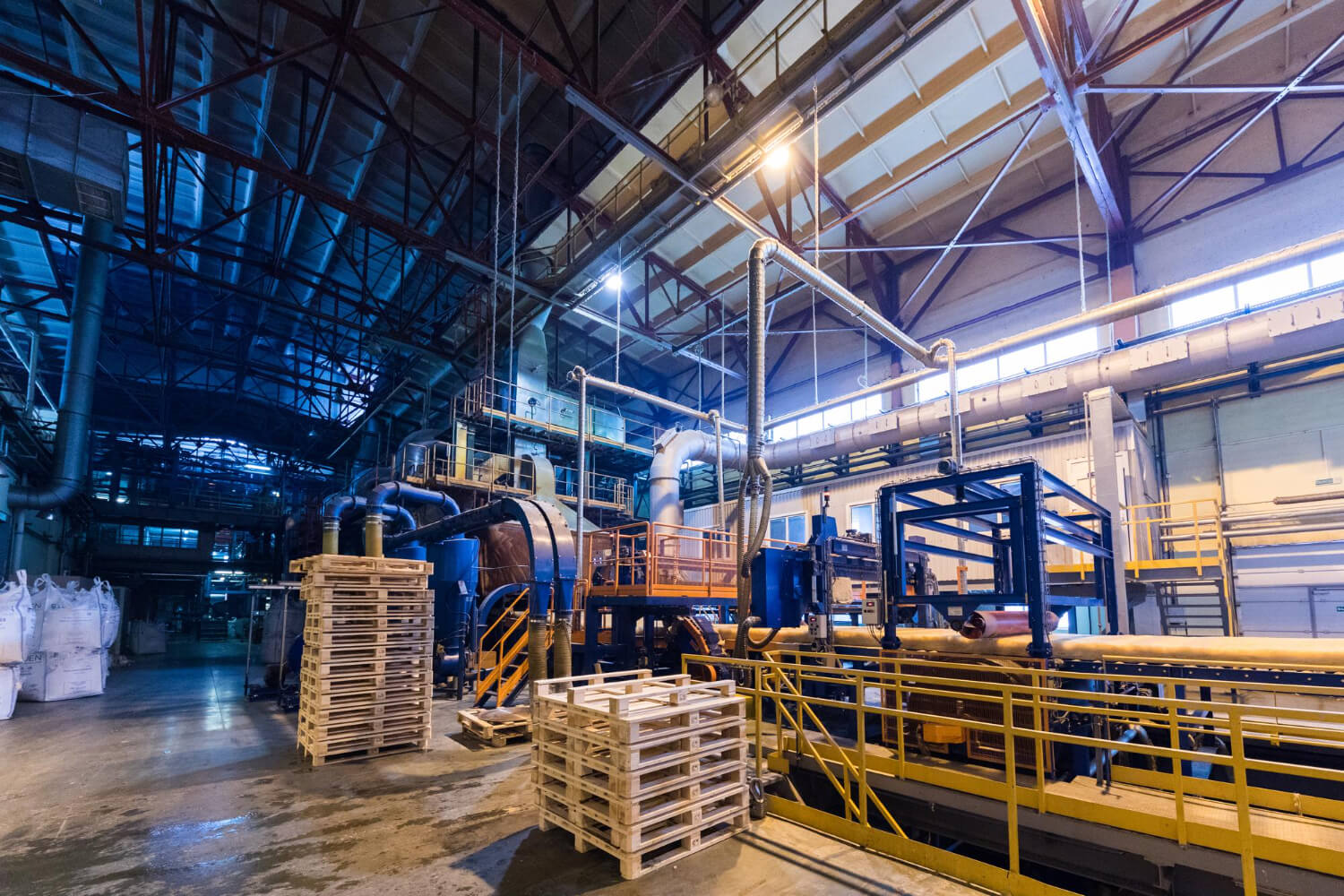
The Product Interface
When both the client and manufacturer are clear about all the details of the product, the order, and the requirements, the sourcing process will be substantially enhanced. CPG uses documents such as the Product Specification Sheet (PSS) and the Inspection Specification Sheet (ISS) to specify the buyer’s requirements and ensure that they are implemented at the factory level by making them an integral part of the purchase contract.
We have developed a quality assurance process that encompasses the above two interfaces and which includes:
– Pre-qualifying factories
– Auditing factories (as needed)
– Product Specifications Sheets (PSS)
– Inspection Specification Sheets (ISS)
– Sample management
– Interface with the factory’s QA management
– Purchase orders (PO) that integrate QC factors
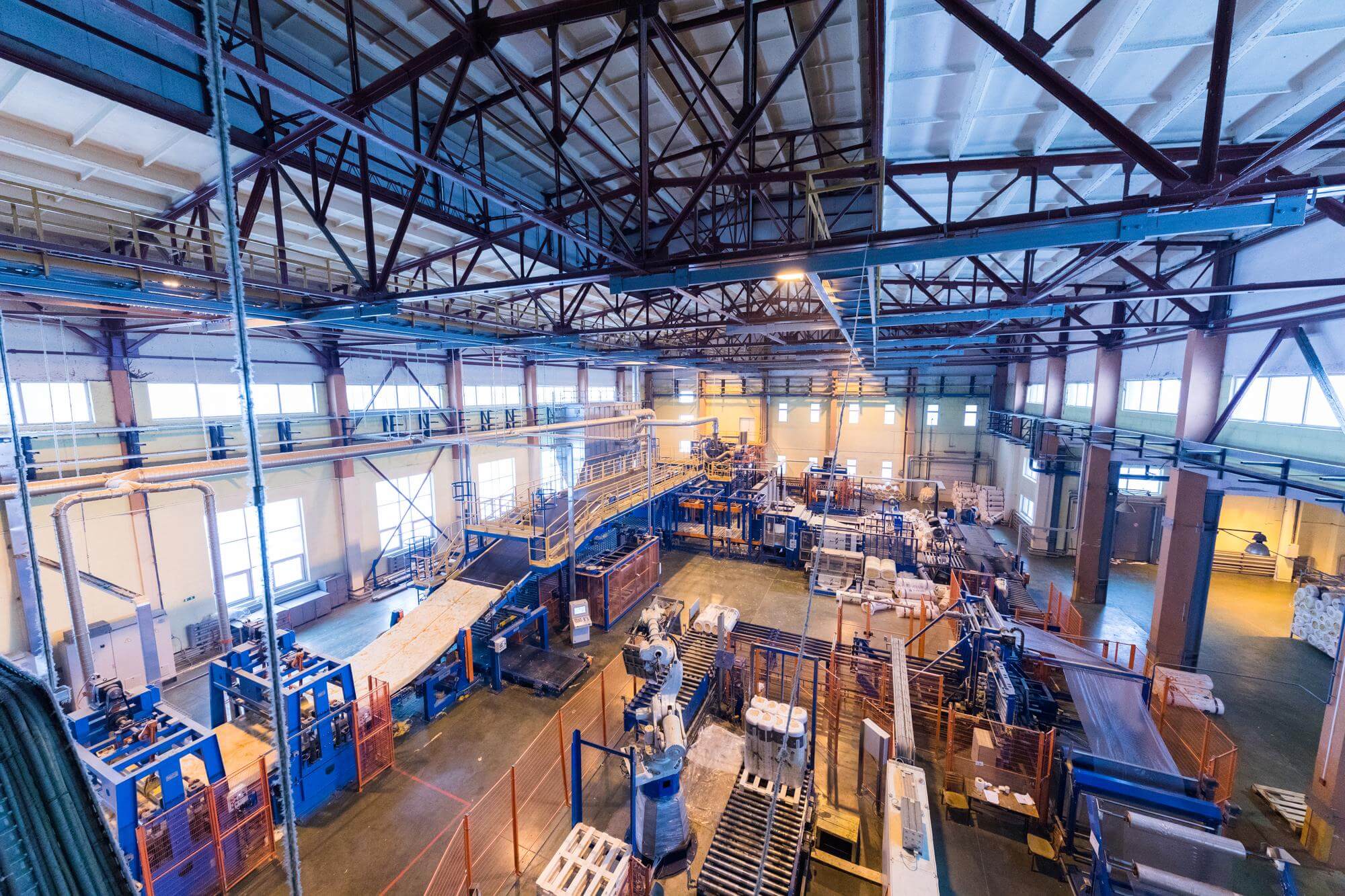
Data
A key component of sourcing success depends on the management of data, and the management of details. The China team’s ability to understand and manage data details is key to providing the client with a successful and rewarding experience.
To keep those details clear, we use the following forms:

– RFQ (Request for quotes): We ask clients for the most specific information possible about the product they would like to quote including target pricing, annual quantity, first order quantity, and quality details, to help provide rapid and accurate feedback. The PSS below is also an essential document for this process.
– PSS (Product Specifications Sheet): We use a PSS to help clients manage the specifications of their product, which includes all information deemed relevant for the product, including packaging.
– ISS (Inspection Specification Sheet): This document describes the specific method by which quality control in China will be done, for example: what the inspector should look for, and how the product should be tested to ensure conformity and give the client peace of mind, etc.
Each of the above documents, and the data they hold, are owned and controlled by the client, although CPG may provide templates and details for assistance. Once in place, these documents become an integral part of each client’s orders to the factory. They have to be signed by both buyer and seller to minimize the possibility of error.
Inspection Services
We offer our professional quality control services in China during every step of the sourcing process according to each client’s quality assurance requirements. Our range of services covers the entire production process, which is offered both as an individual service as well as part of our overall sourcing operations in China.
Our Quality Assurance (QA) team comprises professionally trained engineers capable of inspection services that comply with our client’s needs.
Note: CPG’s QA department collaborates with the sourcing department, but is a separate entity to ensure independence and impartiality. Quality will never be sacrificed due to external pressures.
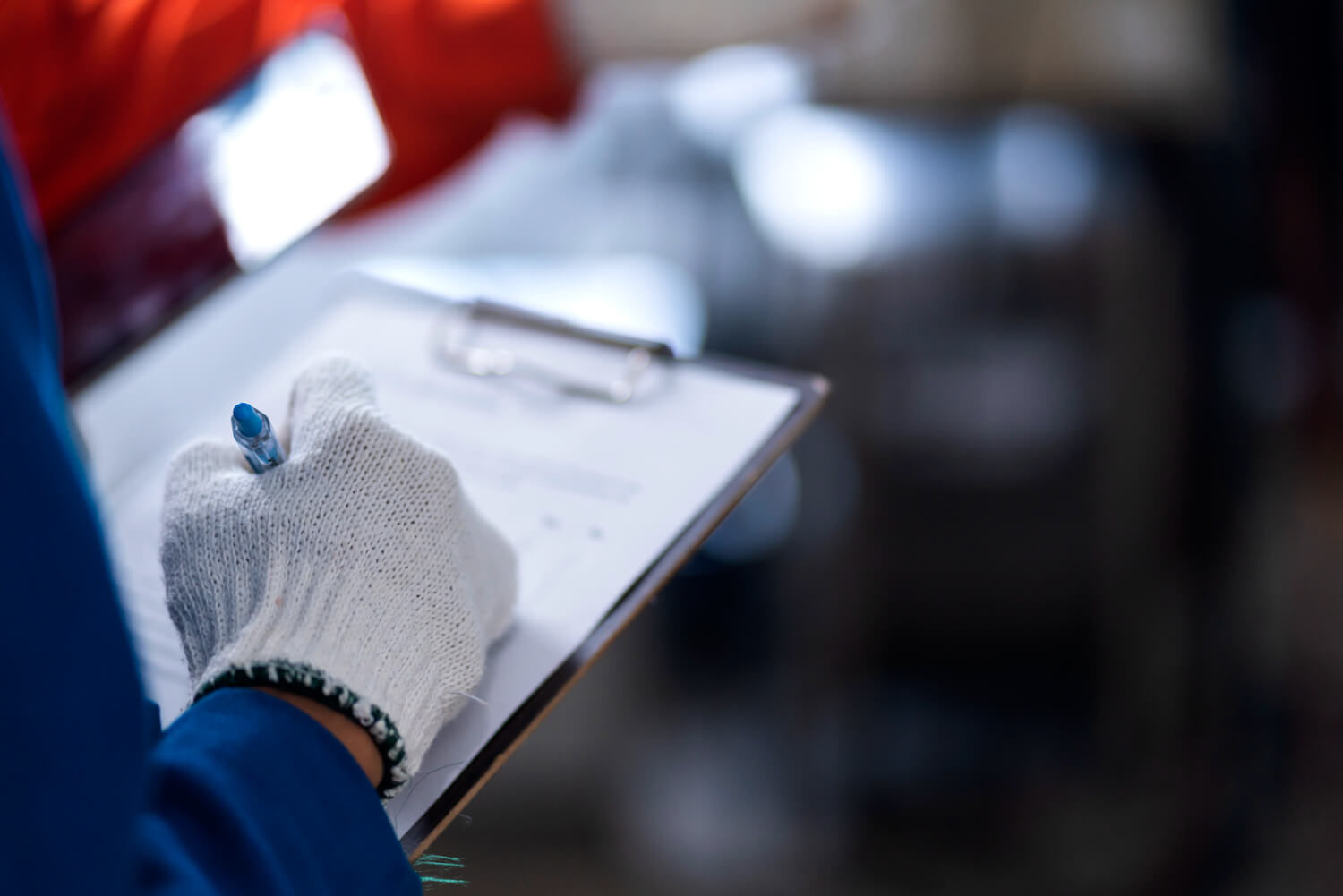
Common Mistakes Made by Importers
When sourcing from China, quality risks often arise when specifications are not clearly defined before production and when mid-production inspections are skipped, allowing defects to surface too late. Over-reliance on factory self-inspection can lead to inconsistent results, particularly under delivery pressure. Lack of compliance testing may cause customs delays, returns, or retailer chargebacks. Packaging quality is another frequent gap, resulting in transit damage or added fees. Without structured quality control throughout production, consistency suffers and supply chain reliability is weakened.
Our Quality Control Services
When you partner with CPG Sourcing, quality control in China is integrated into every stage of your sourcing program. Our proven process ensures your products meet the highest standards, and your factory relationships deliver consistency, compliance, and cost-effectiveness.
Factory Audits
We conduct comprehensive assessments of manufacturing facilities to verify their capabilities, compliance, working conditions, equipment, and quality systems. You receive clear, unbiased evaluations before committing to production.
Product Inspections (Pre-Production, During Production, Pre-Shipment)
Our inspectors monitor quality at every stage. We confirm materials and setup before production starts, evaluate consistency during manufacturing, and perform final inspections to ensure only conforming goods ship.
Testing & Certification
We coordinate laboratory testing and help ensure your products meet required U.S., EU, or other international safety standards. From material testing to full certification, we help you stay compliant and avoid regulatory issues.
Supplier Management
We act as your local team in China, coordinating communication, tracking performance, overseeing corrective actions, and ensuring suppliers maintain the standards your business requires.
Consulting & Training
We help you establish robust quality-assurance systems, monitor and enhance supplier performance, and support your teams in understanding product requirements, documentation protocols, and manufacturing workflows that align with best practices.
Why Choose Us for Quality Control in China?
Choosing the right partner in China is essential for maintaining reliable quality, competitive pricing, and on-time delivery. With over four decades of sourcing experience, CPG Sourcing provides the people, expertise, and systems needed to manage your China operations with confidence.
Experience You Can Trust
Since 1978, we’ve helped U.S. importers build dependable sourcing programs in China. Our long-standing presence gives us unmatched insight into factories, supplier networks, manufacturing practices, and risk management.
On-the-Ground Support in China
Our team works directly with factories, performing audits, inspections, testing coordination, and supplier oversight. With bilingual staff and local operations, we bridge communication gaps and ensure issues are resolved quickly and accurately.
Proven Quality Assurance Systems
Every product sourced through CPG follows our structured QA process. From supplier verification to final shipment inspection, we apply best-practice quality controls to ensure consistency, compliance, and product integrity.
Integrated Supply-Chain Management
We manage your entire China workflow. Our services help you achieve the three essentials of successful importing: competitive pricing, dependable quality, and on-time delivery.
A Partnership Built on Transparency
You receive clear reporting, real-time communication, and full visibility into your production process. We exist to protect your brand, reduce risk, and strengthen your long-term relationships with Chinese manufacturers.

